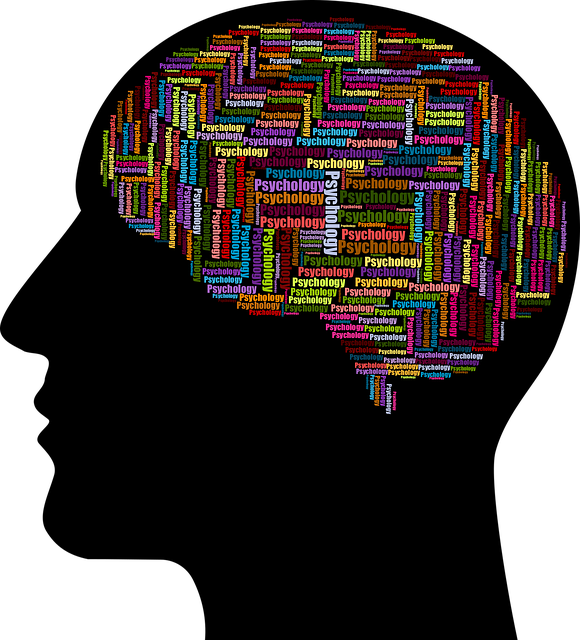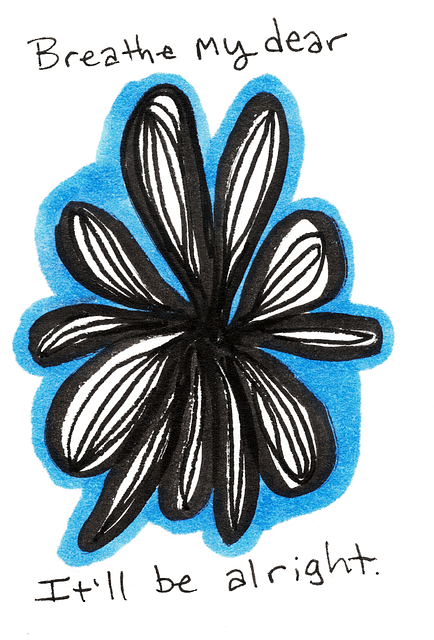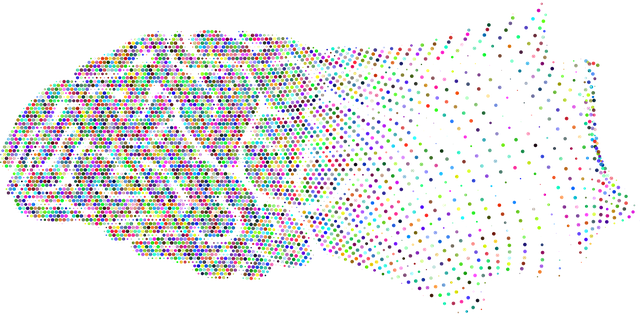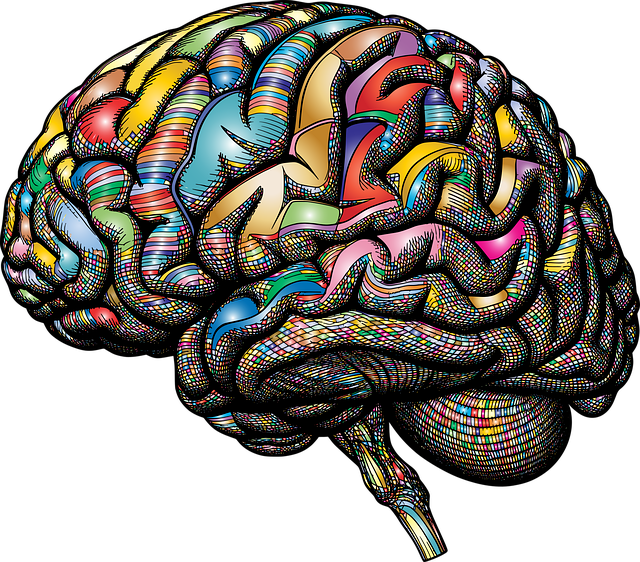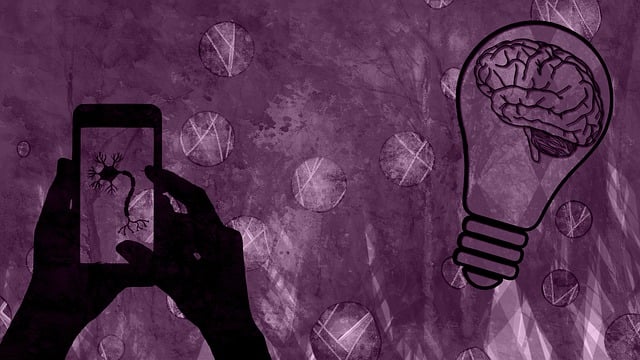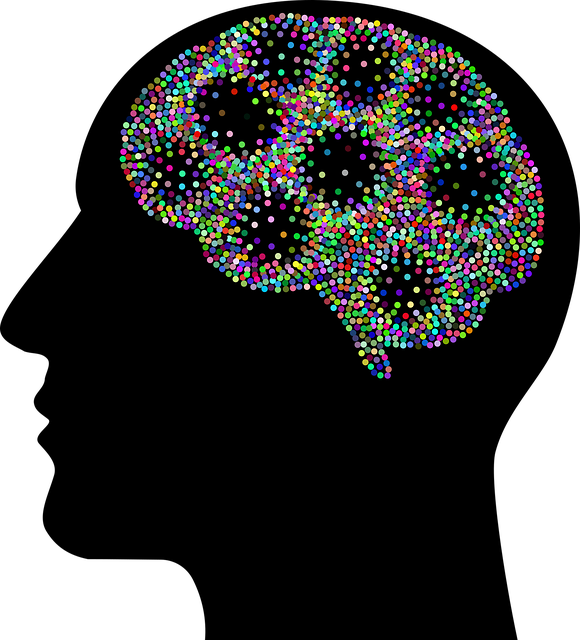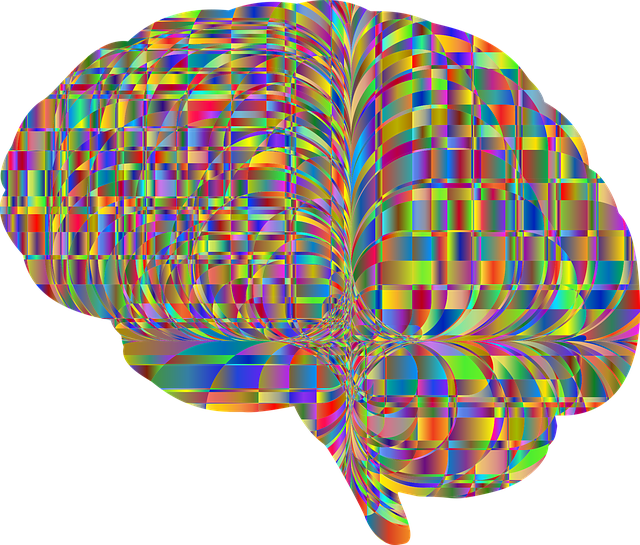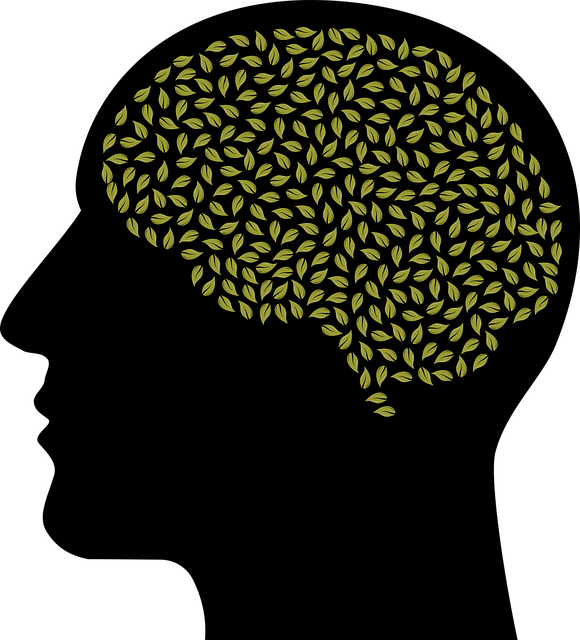Mental wellness is a multifaceted concept that includes emotional, psychological, and social well-being, impacting daily life. In a fast-paced world, common mental health challenges like anxiety, stress, and ADHD can hinder productivity and quality of life. Golden ADD-ADHD Evaluations Therapy offers personalized solutions through journaling, which helps individuals gain self-awareness, track progress, and improve coping strategies. Similarly, healthcare professionals at risk of burnout can use journaling to process emotions, reduce anxiety, and promote calmness. Regular mental wellness journaling, practiced with consistency and compassion, supports self-reflection, personal growth, and serves as a valuable adjunct to therapy.
Mental wellness is integral to our overall well-being, yet it’s often overlooked. This article guides you through understanding mental wellness and its profound impact on daily life. We explore the therapeutic potential of journaling as a powerful tool for managing ADD/ADHD, backed by golden evaluations and therapy practices. By following effective mental health journaling exercises, you can enhance self-awareness, process emotions, and ultimately, cultivate a healthier mind.
- Understanding Mental Wellness and Its Impact on Daily Life
- The Power of Journaling as a Therapy Tool for ADD/ADHD
- Golden Rules for Effective Mental Health Journaling Exercises
Understanding Mental Wellness and Its Impact on Daily Life

Mental wellness is a vital aspect of overall health that significantly influences our daily lives and interactions. It encompasses emotional, psychological, and social well-being, affecting how we think, feel, and behave. Understanding mental wellness involves recognizing that it’s not just the absence of mental illness but also about cultivating positive mindset and coping strategies to navigate life’s challenges.
In today’s fast-paced world, many individuals struggle with issues like anxiety, stress, or attention disorders (such as ADD/ADHD), which can hinder productivity and overall quality of life. Golden evaluations and therapy play a crucial role in identifying these challenges, offering personalized strategies for anxiety relief, confidence boosting, and resilience building. By addressing mental wellness proactively, individuals can enhance their ability to manage stress, improve focus, and foster healthier relationships, ultimately leading to a more fulfilling and balanced life.
The Power of Journaling as a Therapy Tool for ADD/ADHD

Journaling has emerged as a powerful therapy tool for individuals with Attention Deficit Hyperactivity Disorder (ADHD) or Attention Deficit Disorder (ADD), offering a unique and effective means to enhance mental wellness. Through the act of putting pens to paper, those with ADHD/ADD can gain valuable insights into their thoughts and emotions, which often feel overwhelming in daily life. This simple yet profound practice encourages self-awareness exercises, enabling individuals to better understand their triggers, behaviors, and patterns. By documenting experiences, feelings, and even tasks accomplished, they can track progress and identify areas for improvement, a key aspect of golden ADD-ADHD evaluations therapy.
In the context of burnout prevention strategies for healthcare providers, who are at high risk of developing anxiety and stress-related issues, journaling becomes an essential tool for managing mental health. It provides an outlet to process complex emotions, reduces the burden of unspoken worries, and promotes a sense of calm. Moreover, it aids in breaking repetitive thought cycles, offering a moment of clarity amidst the chaos. This practice can significantly contribute to anxiety relief, allowing healthcare professionals to reflect, reset, and approach their work with renewed energy and focus.
Golden Rules for Effective Mental Health Journaling Exercises

Engaging in regular mental wellness journaling can be a powerful tool for self-reflection and personal growth. To make the most out of this practice, it’s essential to adhere to some golden rules that enhance its effectiveness. Firstly, set aside dedicated time each day or week for your journal; consistency is key to unlocking its full potential. This ritual should be free from distractions, allowing you to immerse yourself fully in the process.
Another crucial aspect is to approach journaling with an attitude of compassion and self-acceptance. Treat yourself as you would a friend, offering kindness and understanding. This practice, often referred to as compassion cultivation, encourages a non-judgmental space where you can explore your thoughts and emotions freely. By fostering inner strength and developing coping skills through this process, you’ll gain valuable insights into your mental health journey, making it an invaluable adjunct to any therapy or ADD/ADHD evaluations.
Mental wellness journaling can be a powerful tool for self-reflection and improvement, especially beneficial for those with ADD/ADHD. By adhering to golden rules such as setting specific goals, maintaining privacy, and using structured prompts, individuals can unlock the therapeutic potential of journaling. Regular practice of this exercise can enhance mental clarity, boost mood, and significantly improve overall well-being, making it an invaluable addition to one’s self-care routine. For those seeking effective therapy methods, incorporating mental wellness journaling into their daily lives could be a game-changer, supporting both short-term and long-term mental health goals, including successful ADD-ADHD evaluations.
